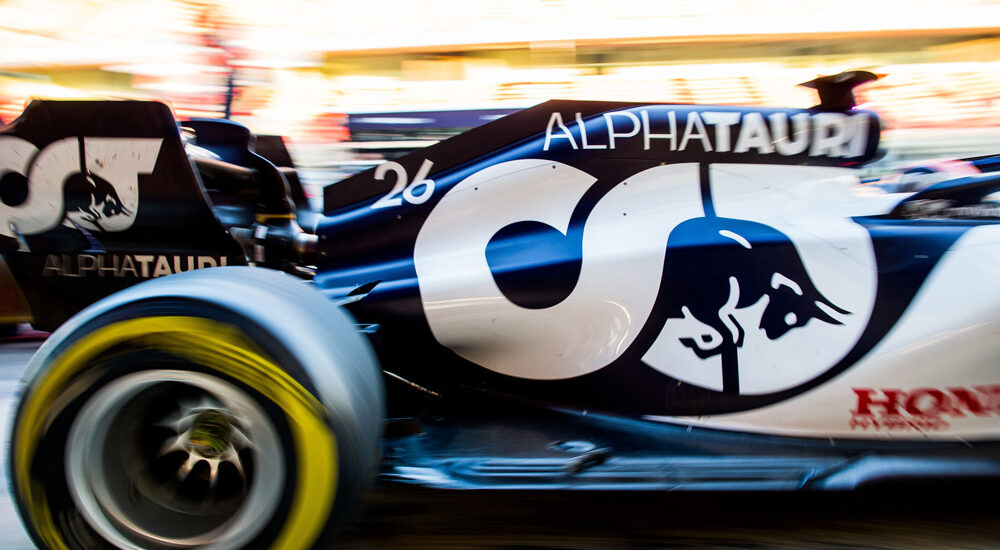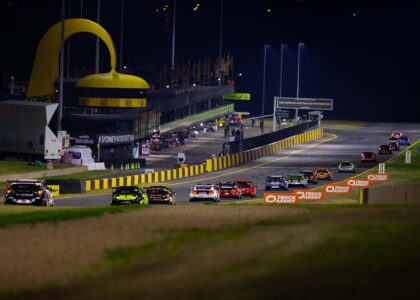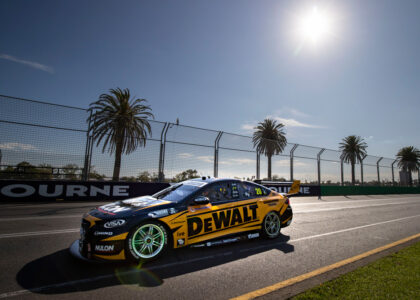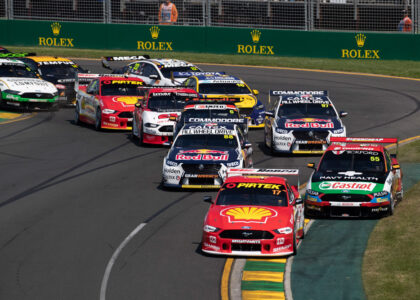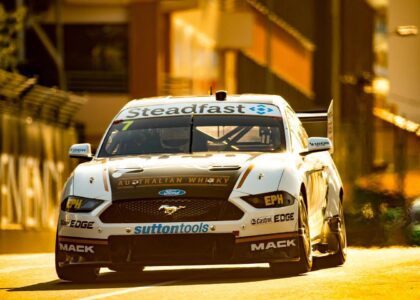A DEEP-DIVE into the real costs of going motor racing has revealed what the cancellation of the 2020 Australian Grand Prix actually costs – and why negotiations to end the event in the first place took so long.
Most in the industry are now across the fact that a long and protracted series of negotiations took place on the evening of Thursday, March 12 and the subsequent Friday morning to see if Formula 1 would race in Melbourne last weekend, with the ultimate answer being, of course, that it wouldn’t.
Despite the fact that the COVID-19 pandemic proved a health risk and the McLaren mechanic testing positive ultimately forced people’s hands it was still money, as ever, played a key role in the discussions.
The question of ‘who pays’ was likely one of the major talking points about the event’s future.
On our weekly Podcast On the Grid this week long-time Victorian Motorsport journalist and photographer Dale Rodgers dived deep into the publicly available Australian Grand Prix Corporation financial reports to work out the real cost of canning the event.
In 2019, the event’s total revenue from sales and sponsorship was $46.1 million dollars.
This accounts for income from event sponsors, ticket holders, corporates, support categories and similar.
The fee paid to Formula 1 is rumoured to be somewhere in the range of $55m, though is not publicly known.
The Victorian Government then tops up the coffers to the tune of $60m each year – ostensibly paying Formula 1 to come to town.
That $60m figure (the one often cited by opponents of the race) gets written off each year as the government’s contribution to the event occurring as a way to generate revenue in Melbourne, bring people to the state and of course, the eyeballs the race gets around the world on TV.
Here’s where it gets interesting.
Had the promoter, the Australian Grand Prix corporation, cancelled proceedings it’s entirely likely that they would have been contractually liable to Formula 1 to still pay the sanction fee for them to turn up.
Given they would have had to refund that $46.1m of revenue as well, the $100m blow out for no event would have been a crippling loss for the event and (if you can make it any worse) a publicity disaster, generating more fodder for those who oppose the event already.
However, and this is the kicker – without paying the fee to Formula 1, the GP corporation actually has a win.
Once ticketholders are refunded and sponsors reimbursed, the real cost to the Victorian taxpayer is likely to be only $14-$15m more than what they already put in.
Which for a ‘force majeure’ cancellation of a major event, due to a global pandemic, is something much more palatable for people to deal with when they analyse the government coffers each year.
This explains the reticence from the organisers to pull the pin and the long, drawn out process that took the better part of twelve hours for Formula 1 to eventually come out and say they weren’t going to run.
While the short-term management of the messaging was poor from all parties – a more confusing 12-Hours of motorsport I’ve not yet experienced – the longer term pain should be mitigated somewhat by the fact that the local government won’t have to cop so much of the bill as perhaps they could have.
Which is good news for fans of what is one of the great motorsport events around and a long future in Melbourne.
ON THE CURRENT SITUATION
ON WEDNESDAY this week I spent much of a rather surreal day writing announcements that while on the surface were confirming that an array of local racing events or categories were postponing operations until the second half of the year, were actually announcements postponing a decent chunk of my own income for the same period.
I, and many other freelancers like me, am now in the curious and potentially somewhat stressful position of not knowing quite when our next invoice will be sent. Those who rely on there being motorsport to work now have none of either and it’s likely set to be a challenging time for many people.
Considering that, it’s best to draw some attention to several outstanding initiatives that have been started to help people (freelancers or otherwise, it doesn’t matter!) through these times.
The World Under Safety Car (LINK > https://www.facebook.com/groups/229966268393283) has been established to let people know where they can seek connections with others in the sport, assistance, be it governmental, financial or emotional support during this time.
It’s a great concept and has already featured posts from all corners of the world, reflecting our truly global sport.
Meanwhile, Dailysportscar.com have set up a service where freelancers working in motorsport can submit their details, skills, experience and more to be published to their large audience, using their network to help potentially keep people in work.
I’m sure there’s more – if you know of them, please let us know. Likewise, these pages may also help those working for teams, behind the scenes, administrators or others who find themselves out of work at this time.
Just a few ways people are reaching out in the motorsport community to help each other.
In the meantime, if you’ve got suggestions on what on earth I can write about next week, please let me know.. a lack of motorsport is not conducive to a motorsport website, but we will continue to carry on regardless!

